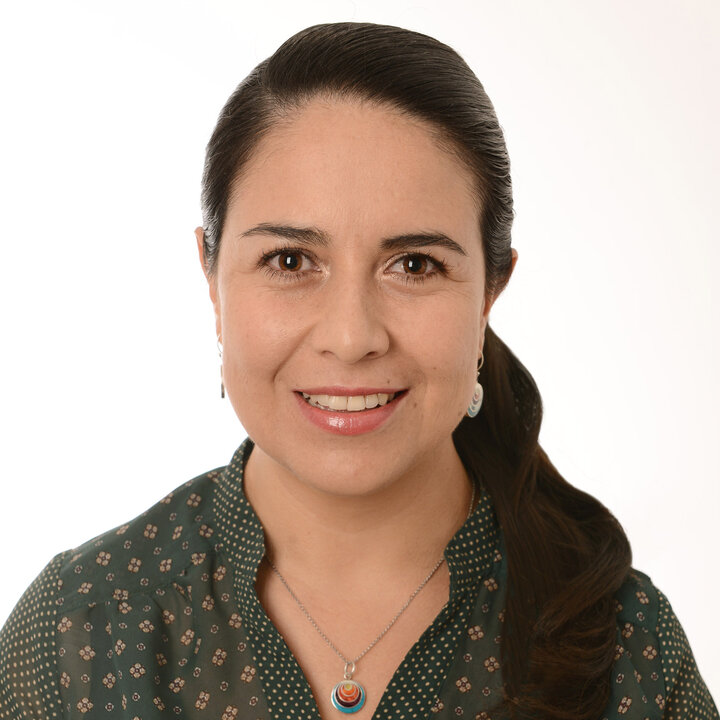Digital Agriculture Technologies to Improve Nitrogen Management
Students will engage in research activities related to developing novel nitrogen management decision-support systems for Nebraska using digital agriculture technologies. They will also have the chance to participate in experiments with UNL’s Nebraska On-Farm Research Network evaluating different innovative digital agriculture nitrogen management approaches.
Guillermo Balboa
Research Assistant Professor, Department of Agronomy and Horticulture
Soil Health Assessment and Carbon Stocks Quantification
Students will engage in a project focused on evaluating key indicators of soil health and quantifying carbon stocks to understand their relationships and implications for sustainable agricultural practices.
S. Carolina Córdova
Assistant Professor and Statewide Soil Health Specialist, Department of Agronomy and Horticulture
Genetic improvement of grain quality traits
Students will participate in activities related to disease resistance screening, pest resistance, fall drought tolerance, and phenomic selection for grain quality traits.
Katherine Frels
Assistant Professor, Department of Agronomy and Horticulture
Reproductive biology of weeds
Evaluate the reproductive biology of weeds and confirm, characterize, and manage herbicide-resistant weeds in agronomic crops in Nebraska. In addition to participating in this research, students will also participate in extension activities.
Amit Jhala
Associate Department Head, Professor, Extension Weed Management Specialist, Department of Agronomy and Horticulture
Integrating ecosystem services with local food production
Plants serve important functions including food production, support of pollinators and other wildlife, improvement of water quality, and mitigation of climate change. In this project students will engage with mixed production of food, ornamental, and pollinator plants to assist in determining how these plants achieve these critical ecosystem functions.
Christian Stephenson
Assistant Professor of Practice, Department of Agronomy and Horticulture
Rangeland ecology and management experiments
Participate in a collaborative adaptive management project at UNL’s Barta Brothers Ranch in the Nebraska Sandhills. The students will collaboratively design and implement rangeland ecology and management experiments with stakeholders and monitor ecological, economic, and social variables.
Daniel Uden
Assistant Professor, Department of AGRONOMY AND HORTICULTURE
Local food production systems and technologies
The students will contribute to research and development of novel production systems and technologies that reduce labor and plastic waste and increase water and nitrogen efficiency on urban food production.
Sam Wortman
Associate Professor, Department of Agronomy and Horticulture






